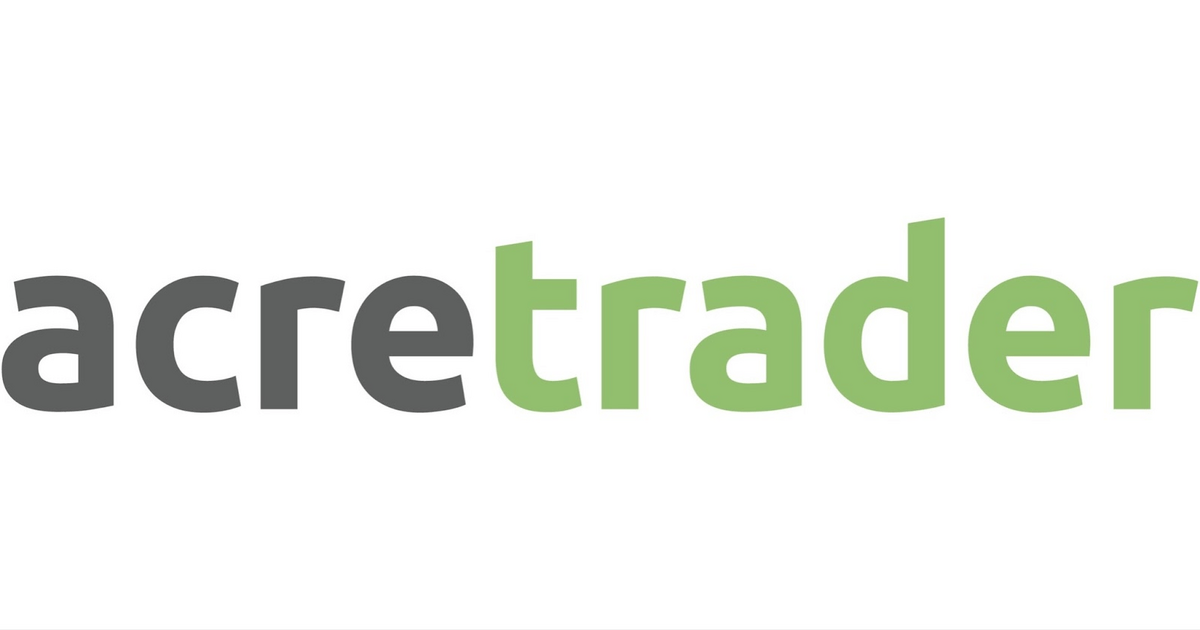All Categories
Featured
Table of Contents
- – Accredited Investor Investment Opportunities
- – World-Class Venture Capital For Accredited Inv...
- – Exceptional Accredited Investor Alternative A...
- – Popular Accredited Investor Funding Opportuni...
- – Tailored Accredited Investor Opportunities f...
- – Custom Accredited Investor Investment Opport...

It's critical to comprehend that accomplishing accredited financier status is not a single accomplishment. It's therefore crucial for accredited financiers to be positive in checking their economic situation and upgrading their records as required.
Failure to meet the recurring criteria may result in the loss of recognized capitalist status and the associated benefits and opportunities. While many of the financial investment kinds for Accredited Capitalists coincide as those for anybody else, the specifics of these investments are often different. Exclusive positionings refer to the sale of safeties to a select team of certified capitalists, commonly beyond the public market.
Hedge funds aim to deliver favorable returns no matter market problems, and they typically have the adaptability to spend throughout various property courses. Private equity investments, on the other hand, involve purchasing privately-held business that are not openly traded on stock market. Personal equity funds swimming pool funding from accredited investors to acquire ownership stakes in companies, with the objective of enhancing performance and creating considerable returns upon exit, commonly with a sale or first public offering (IPO).
Market fluctuations, home administration challenges, and the prospective illiquidity of property assets need to be meticulously assessed. The Securities and Exchange Commission (SEC) plays an important function in controling the activities of recognized financiers, who have to stick to especially laid out rules and reporting needs. The SEC is accountable for implementing protections laws and laws to safeguard financiers and preserve the stability of the financial markets.
Accredited Investor Investment Opportunities
Policy D gives exemptions from the registration requirements for certain private placements and offerings. Certified investors can join these excluded offerings, which are usually encompassed a minimal number of sophisticated financiers. To do so, they have to provide accurate details to issuers, full required filings, and comply with the guidelines that regulate the offering.
Compliance with AML and KYC demands is important to maintain standing and access to different investment possibilities. Falling short to follow these policies can result in serious charges, reputational damages, and the loss of certification advantages. Let's unmask some usual misunderstandings: A typical false impression is that accredited investors have actually a guaranteed advantage in terms of financial investment returns.
World-Class Venture Capital For Accredited Investors
Yes, certified capitalists can lose their status if they no more satisfy the eligibility standards. If a certified financier's revenue or net well worth drops listed below the assigned thresholds, they might shed their accreditation. It's crucial for accredited capitalists to consistently evaluate their economic situation and report any kind of modifications to ensure conformity with the laws
It depends on the specific financial investment offering and the guidelines governing it. Some investment possibilities might permit non-accredited investors to participate via certain exceptions or stipulations. It's important for non-accredited investors to thoroughly evaluate the terms of each investment possibility to establish their qualification. Bear in mind, being a certified capitalist includes advantages and obligations.
Exceptional Accredited Investor Alternative Asset Investments

If you want to buy certain complicated investments, the Securities and Exchange Compensation (SEC) requires that you be a certified investor. To be accredited, you must satisfy specific needs concerning your riches and revenue as well as your investment understanding. Take a look at the basic demands and advantages of coming to be an accredited financier.
The SEC considers that, due to their monetary stability and/or investment experience, accredited investors have less need for the security given by the disclosures needed of regulated investments. The policies for certification, which have been in place considering that the Stocks Act of 1933 was developed as a reaction to the Great Clinical depression, can be located in Guideline D, Policy 501 of that Act.
Popular Accredited Investor Funding Opportunities
However, that company can't have been created simply to buy the non listed protections in concern. These requirements of income, total assets, or expert experience see to it that inexperienced financiers don't risk cash they can not afford to lose and do not take monetary threats with financial investments they don't recognize. No real qualification is readily available to verify your status as an approved financier.
Neither the SEC neither any kind of various other governing firm is associated with the procedure. When you look for recognized financier condition, you're likely to undertake a screening process. You may need to complete a preliminary survey inquiring about your financial investment history, revenue, and total assets. Papers you will probably need to create might consist of: W-2s, income tax return, and various other records verifying revenues over the past two years Economic statements and financial institution statements to confirm net worth Credit records Documents that you hold a FINRA Series 7, 64 or 82 classification Documentation that you are a "knowledgeable worker" of the entity releasing the protections The capability to invest as a "well-informed employee" of a fund issuing protections or as a financial professional holding an ideal FINRA certificate is brand-new as of 2020, when the SEC increased its definition of and certifications for recognized investors.
Tailored Accredited Investor Opportunities for Accredited Investors

These safety and securities are non listed and uncontrolled, so they don't have available the governing protections of licensed safety and securities. In general, these investments may be especially unpredictable or lug with them the possibility for substantial losses. They consist of different organized investments, hedge fund investments, private equity investments, and other exclusive positionings, every one of which are uncontrolled and might lug considerable danger.
Naturally, these financial investments are additionally eye-catching due to the fact that along with included danger, they bring with them the possibility for considerable gains, typically greater than those readily available using average investments. Approved investors have available to them investments that aren't open up to the basic public. These financial investments consist of personal equity funds, angel investments, specialty investments such as in hedge funds, equity crowdfunding, real estate investment funds, financial backing investments, and straight investments in oil and gas.
Companies offering non listed safeties only need to supply paperwork about the offering itself plus the location and officers of the business supplying the safety and securities (accredited investor investment opportunities). No application procedure is called for (as holds true with public supply, bonds, and common funds), and any kind of due diligence or extra information provided depends on the company
Custom Accredited Investor Investment Opportunities
This details is not planned to be specific guidance. Prospective individuals ought to speak with their personal tax obligation specialist concerning the applicability and effect of any and all advantages for their own individual tax scenario. Furthermore, tax regulations change periodically and there is no assurance regarding the interpretation of any type of tax laws.
Approved investors (sometimes called qualified investors) have accessibility to investments that aren't readily available to the public. These investments can be hedge funds, difficult money lendings, exchangeable investments, or any type of other security that isn't registered with the monetary authorities. In this article, we're going to concentrate particularly on property investment alternatives for certified financiers.
Table of Contents
- – Accredited Investor Investment Opportunities
- – World-Class Venture Capital For Accredited Inv...
- – Exceptional Accredited Investor Alternative A...
- – Popular Accredited Investor Funding Opportuni...
- – Tailored Accredited Investor Opportunities f...
- – Custom Accredited Investor Investment Opport...
Latest Posts
Back Tax Sales
Paying Back Taxes On Property
Real Estate Tax Sale Law
More
Latest Posts
Back Tax Sales
Paying Back Taxes On Property
Real Estate Tax Sale Law